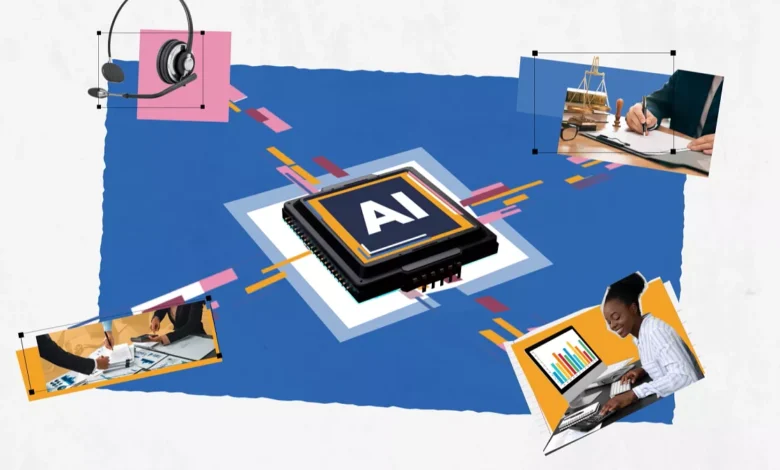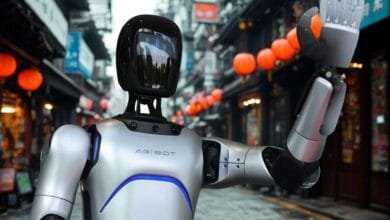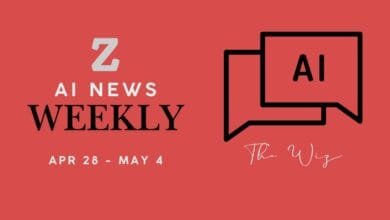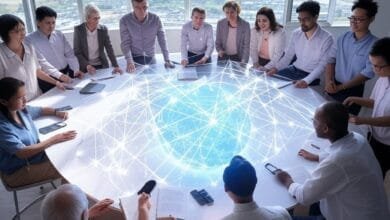Quick Reads
Quick Read: The Future of Work in an AI-Powered Economy

The integration of AI into the economy will fundamentally change the nature of work. Preparing for this future requires foresight and proactive planning.
Workplace Transformation
- Flexible Work Arrangements: AI-enabled remote work and gig economy platforms will change traditional employment models.
- Work-Life Balance: AI can optimize work schedules and reduce workload, potentially improving work-life balance.
Societal Impact
- Cultural Shift: The widespread adoption of AI will necessitate a cultural shift towards continuous learning and adaptability.
- Community Building: Strengthening community ties and support networks to help individuals navigate the changing job landscape.
“Success in creating AI would be the biggest event in human history. Unfortunately, it might also be the last, unless we learn how to avoid the risks.”
Stephen Hawking
Future Scenarios
- Optimistic Scenario: AI drives unprecedented economic growth, creates new job opportunities, and enhances quality of life.
- Pessimistic Scenario: Without proper management, AI exacerbates inequality, leads to widespread job displacement, and creates social unrest.
Studies
- The World Economic Forum’s Future of Jobs Report predicts that by 2025, the balance between job creation and job destruction due to AI will be positive, with 97 million new roles emerging.
This post is part of the “Quick read” series: How AI Will Affect the Economy?
Read in the same series:
- The Rise of the Machines: Automation and Job Displacement
- AI as a Productivity Booster: Growth and Efficiency
- The Rise of New Industries and Job Opportunities
- The Evolving Nature of Work: The Human-AI Collaboration
- The Distributional Impact of AI: Inequality and the Need for Upskilling
- The Ethical Considerations of AI: Bias, Transparency, and Job Security
- The Global Race for AI Supremacy: Competition and Collaboration
- The Future of Work in an AI-Powered Economy






